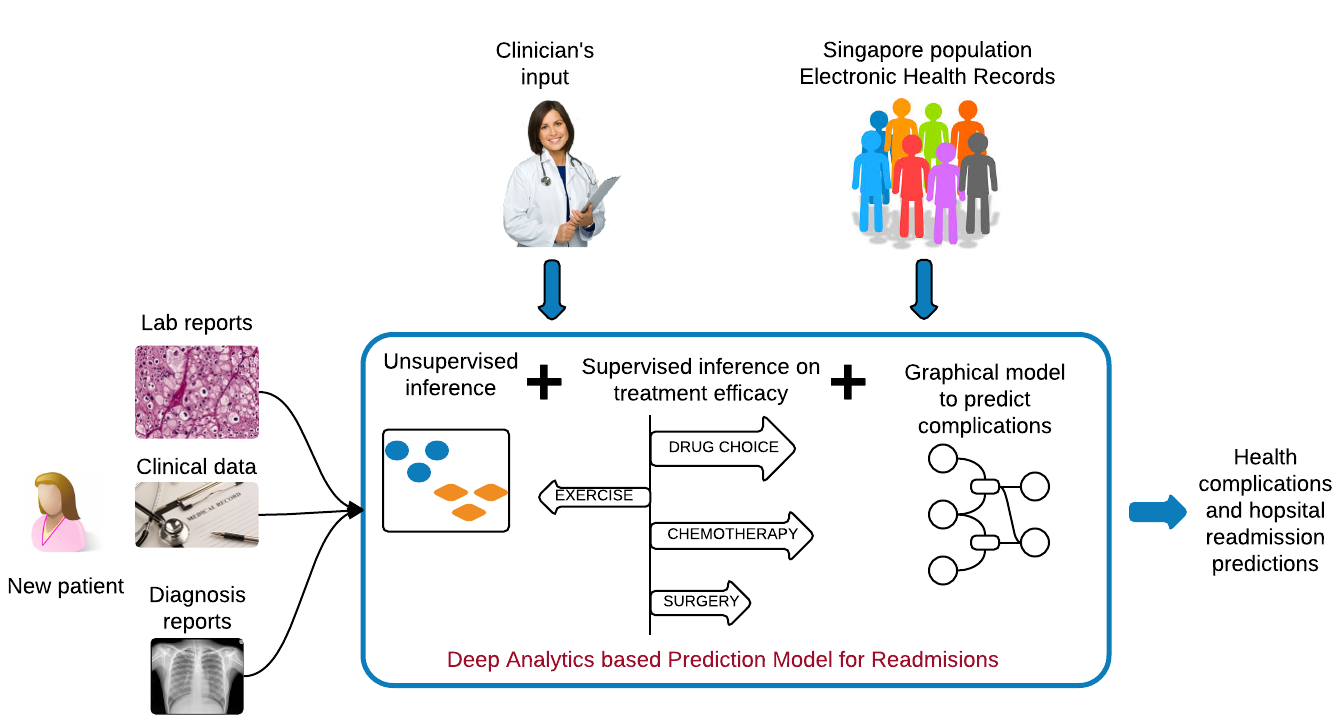
AI-Powered Algorithms Revolutionize Cancer Treatment PlanningAI-Powered Algorithms Revolutionize Cancer Treatment Planning In the realm of cancer treatment, AI-powered algorithms have emerged as game-changers, revolutionizing the approach to treatment planning. These algorithms leverage vast datasets and advanced machine learning techniques to provide healthcare professionals with unprecedented insights and predictive capabilities. Personalized Treatment Plans Traditional cancer treatment planning relies heavily on generic guidelines. However, AI algorithms can analyze patient-specific data, including medical history, imaging scans, and genetic information. By identifying unique patterns and correlations, these algorithms can create personalized treatment plans tailored to the individual patient’s needs. This results in more precise and effective therapies with reduced side effects. Prediction of Treatment Response AI algorithms can also predict how a patient will respond to specific treatment options. They analyze historical data of similar patients to identify factors associated with positive outcomes. This information enables healthcare professionals to select the most promising treatments up front, increasing the chances of successful outcomes. Optimization of Radiation Therapy Radiation therapy is a cornerstone of cancer treatment. AI algorithms can optimize the planning of radiation beams by calculating the most precise dose distribution for each patient. They account for individual patient anatomy, tumor shape, and surrounding organs at risk. This leads to improved tumor targeting and reduced radiation exposure to healthy tissues. Early Detection and Monitoring AI algorithms also play a crucial role in early detection and monitoring of cancer. They analyze medical images, such as MRI scans and X-rays, to identify suspicious lesions or abnormalities that may indicate the presence of cancer. Early detection improves the chances of successful treatment and increases patient survival rates. Data Integration and Interoperability AI algorithms facilitate seamless integration of patient data from various sources, including electronic health records, imaging systems, and molecular profiles. This enables a comprehensive view of the patient’s condition and allows for a more holistic approach to treatment planning. Collaboration and Decision Support AI algorithms serve as a valuable tool for collaboration between healthcare professionals. They provide real-time insights and decision support, enabling team members to make informed decisions based on the most up-to-date information. This collaboration improves patient outcomes and streamlines the treatment process. Conclusion AI-powered algorithms are reshaping the landscape of cancer treatment planning. By providing personalized treatment plans, predicting treatment response, optimizing radiation therapy, and aiding in early detection, these algorithms have the potential to dramatically improve patient outcomes and reduce the burden of cancer worldwide. As the field of AI continues to evolve, we can expect further advancements that will revolutionize cancer care and empower healthcare professionals to deliver precision-based, patient-centric treatment.
Posted inNews